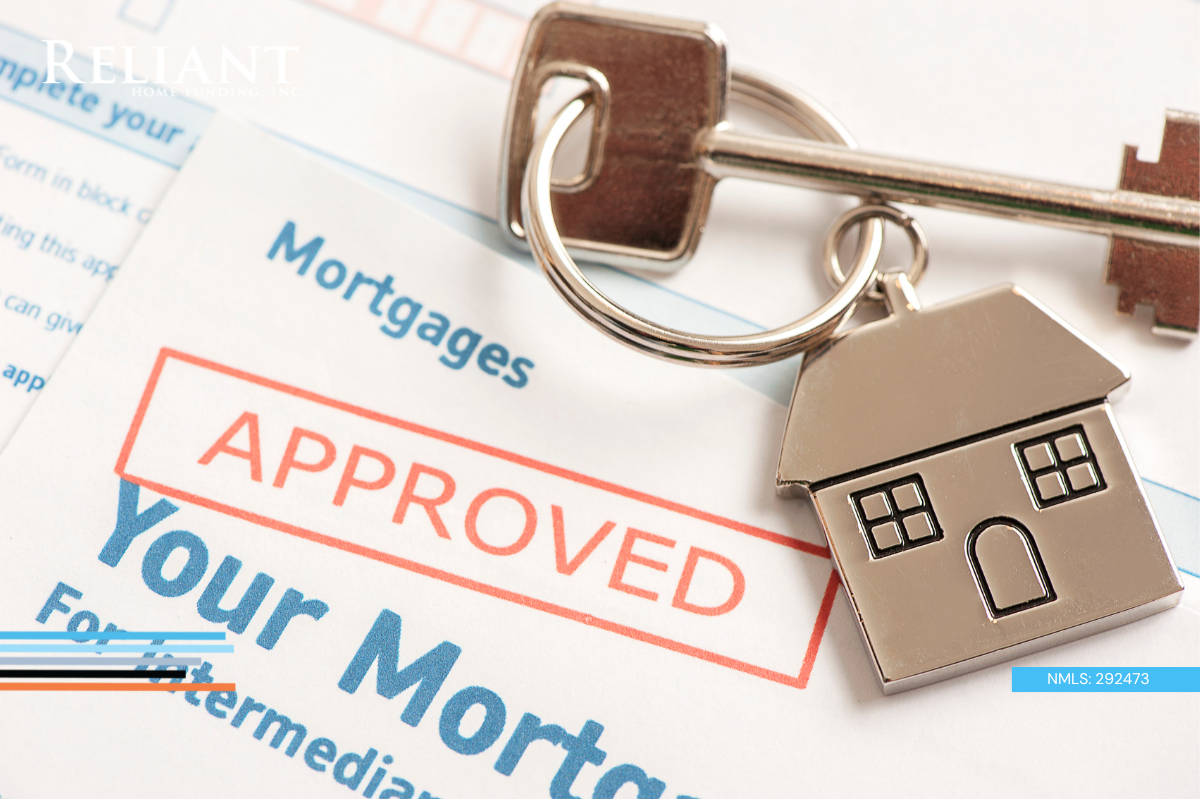Emergency Fund Importance Your Financial Safety Net
Secure Your Future: Discover the Vital Emergency Fund Importance! Safeguard Your Finances Today. Learn More Now!

The Importance of an Emergency Fund Your Financial Safety Net
In a world filled with uncertainties, having a financial safety net can make all the difference between weathering a storm and falling into financial ruin. An emergency fund is precisely that safety net, a cushion that provides peace of mind and financial security when unexpected expenses or emergencies arise. In this article, we will discuss the paramount?emergency fund importance?and provide practical guidance on how to build one.
What is an Emergency Fund?
An emergency fund is a savings account specifically designated to cover unexpected expenses, emergencies, or financial hardships. It acts as a buffer, ensuring that you have readily available funds to deal with unforeseen circumstances without resorting to borrowing, credit cards, or draining your long-term savings.
Why is an Emergency Fund Important?
Financial Security and Peace of Mind
The primary and most apparent reason for having an emergency fund is to provide you with?financial security?and peace of mind. Life is unpredictable, and emergencies can happen at any time. Whether it's a medical emergency, car repairs, sudden job loss, or even a global pandemic, having an emergency fund means you won't have to worry about how to cover these unexpected expenses.
Avoiding Debt
Without an emergency fund, people often turn to credit cards, loans, or lines of credit to handle emergencies. This can lead to mounting debt, high-interest payments, and a cycle of financial stress. With an emergency fund, you can avoid going into debt, saving yourself from the long-term financial consequences of borrowing money.
Maintaining Financial Goals
An emergency fund allows you to stay on track with your financial goals. Whether you're saving for retirement, buying a house, or funding your child's education, having a financial cushion ensures that you won't have to dip into these long-term savings when unexpected expenses arise.
Increased Financial Flexibility
Emergency funds provide you with the flexibility to make important financial decisions without feeling rushed or pressured. You can negotiate better terms on loans, take advantage of investment opportunities, or even consider career changes without the fear of immediate financial instability.
Reducing Stress and Anxiety
Financial stress is a significant contributor to overall stress and anxiety. Knowing that you have an emergency fund to fall back on can significantly reduce the mental and emotional strain caused by?unexpected financial setbacks.
How to Build an Emergency Fund
Building an emergency fund requires discipline, commitment, and a strategic approach. Here are steps to help you get started:
Set a Clear Goal
Determine how much you want to save in your emergency fund. Financial experts often recommend having three to six months' worth of living expenses saved, but the actual amount can vary based on your circumstances. Consider factors like your income stability, family size, and monthly expenses when setting your goal.
Create a Budget
To build an emergency fund, you need to free up money from your regular income. Creating a detailed budget will help you identify areas where you can cut expenses and redirect those funds into your emergency fund. Make sure to allocate a portion of your monthly income specifically for this purpose.
Start Small
If you're unable to save a substantial amount initially, don't be discouraged. Every little bit helps. Begin by setting a small, achievable savings goal, like $500 or $1,000. Once you reach this milestone, increase your target gradually.
Open a Dedicated Savings Account
To ensure that your emergency fund remains separate from your everyday spending, open a dedicated savings account. Look for an account with no or low fees and a competitive interest rate to maximize your savings.
Automate Your Savings
Set up automatic transfers from your checking account to your emergency fund savings account. This "pay yourself first" approach ensures that you consistently contribute to your emergency fund without having to think about it.
Use Windfalls Wisely
Whenever you receive unexpected windfalls, such as tax refunds, bonuses, or gifts, consider allocating a portion of these funds to your emergency fund. This can significantly accelerate your savings progress.
Increase Contributions Over Time
As your financial situation improves, aim to increase your monthly contributions to the emergency fund. Gradually work towards reaching your target savings goal.
Be Patient and Persistent
Building an emergency fund takes time, and setbacks may occur. Stay committed to your goal, and don't get discouraged if you have to dip into your fund for a legitimate emergency. The key is to replenish it as soon as possible.
Revise and Reassess
Periodically review your emergency fund goal and your financial situation. If your circumstances change significantly, such as a new job or a growing family, you may need to adjust your savings target accordingly.
Avoid Temptation
Resist the temptation to use your emergency fund for non-emergencies. It's crucial to maintain the fund's integrity, so only tap into it when facing genuine unforeseen circumstances.
An emergency fund is not a luxury but a financial necessity. It provides security, peace of mind, and the ability to navigate life's unexpected twists and turns without falling into financial chaos. Building an emergency fund requires discipline and dedication, but the rewards are immeasurable. Start small, stay consistent, and watch your?financial safety?net grow, providing you with the financial resilience you need to face any challenge that comes your way. Remember, it's not a matter of if you'll need your emergency fund, but when.
What's Your Reaction?
















